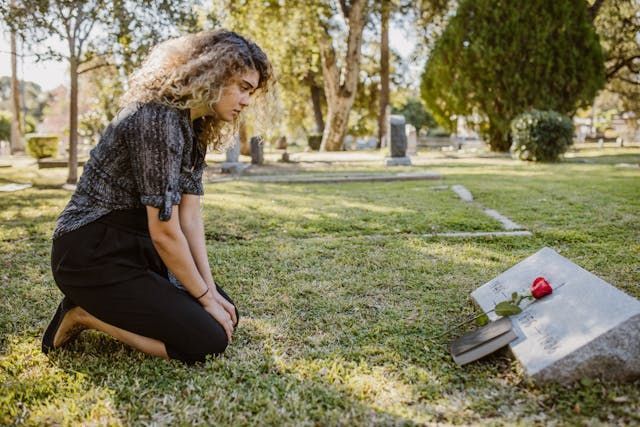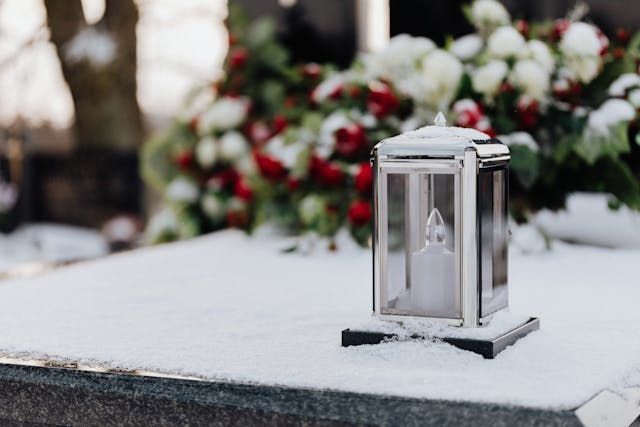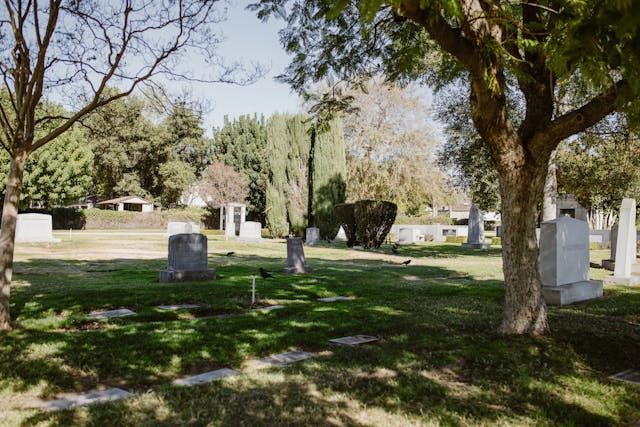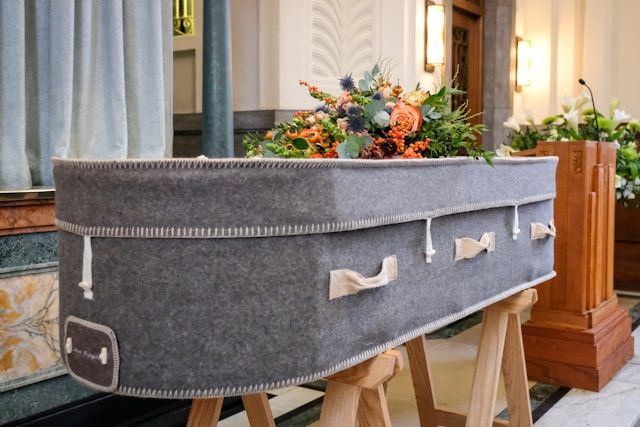Euphemisms for Death and Dying
Because we are often uncomfortable talking about death, we have developed a whole vocabulary around dying and death that is more palatable and is intended to soften the blow of the reality.

Before and after cremation as part of the cremation services offered in Roanoke, VA, we will be exposed to and perhaps will even describe death and dying – whether it's in a general way or specifically in regard to someone we love – ourselves using a euphemistic vocabulary that has developed around dying and death.
The euphemistic vocabulary for dying and death has developed for two reasons. The first reason is that we are really uncomfortable confronting the topics of dying and death head on. The irony is that someday we are all going to be dying and we are all going to be dead. But that's a little bit too much reality for most of us to handle, so we use euphemisms to tiptoe around it.
The second reason for the euphemistic vocabulary that surrounds dying and death has the intent of kindness and gentleness behind it. When it's obvious that somebody's dying or someone has died, obviously grief and heartbreak are part of the equation. By using euphemisms to describe what is happening or has happened, the intent is to be comforting and compassionate to those who are grieving.
There are several categories of describing dying and death within our euphemistic vocabulary. One category consists of descriptions of dying and death or synonyms for dying and death. Another category includes soft descriptions of dying and death. A third category consists of old-time descriptions of dying and death. And the final category includes humorous and sarcastic ways to describe dying and death.
In the category of euphemisms that describe dying and death or are synonyms of dying and death, we use some of these words (the first relates to dying and the second relates to death): expiring and expired; perishing and perished; and, killing and killed.
There are a lot of words and phrases that are included in the category of soft descriptions for dying and death. Some of the more well-known include: asleep; at peace; called home; at rest; finished; in a better place; laid to rest; no longer with us; left this world; finished the race; passed away; reposing; succumbed; slipped away quietly; returned to the earth; and with God or with Jesus.
Some of the old-time descriptions of dying and death, which we still hear today even though many of them are 200 or more year, tend very much to the spiritual and literal sides of dying and death.
Some of these you may never have heard unless you have read a lot of 19th century poetry and novels: bid adieu to earthly scenes; changed a fleeting world for an immortal rest; entered the regions of immortal felicity; innocently retired; joined the congregation of the dead; left this mortal coil; paid Charon's (the ferryman on the river Styx in Dante's The Inferno) fare; and, wandering the Elysian fields.
A sampling of others we still commonly hear are: ashes to ashes, dust to dust; fought the good fight (reference to II Timothy 4:7); gave up the ghost; go the way of all flesh; go to one's rest; and, cut down in the prime of life.
The final category in the euphemistic vocabulary for dying and death are the sarcastic and humorous expressions we use. Some of these include: bite the dust; belly up; bought the farm; cashed in; checked out; decided that hell's got a better HR policy than the office; done for; and, kicked the bucket.
For additional information about cremation services in Roanoke, VA, our caring and knowledgeable staff at Lynch Conner-Bowman Funeral Home can assist you. You can visit our funeral home at 140 Floyd Ave., Rocky Mount, VA, 24151, or you can call us today at (540) 483-5533 for immediate need or preplanning.











